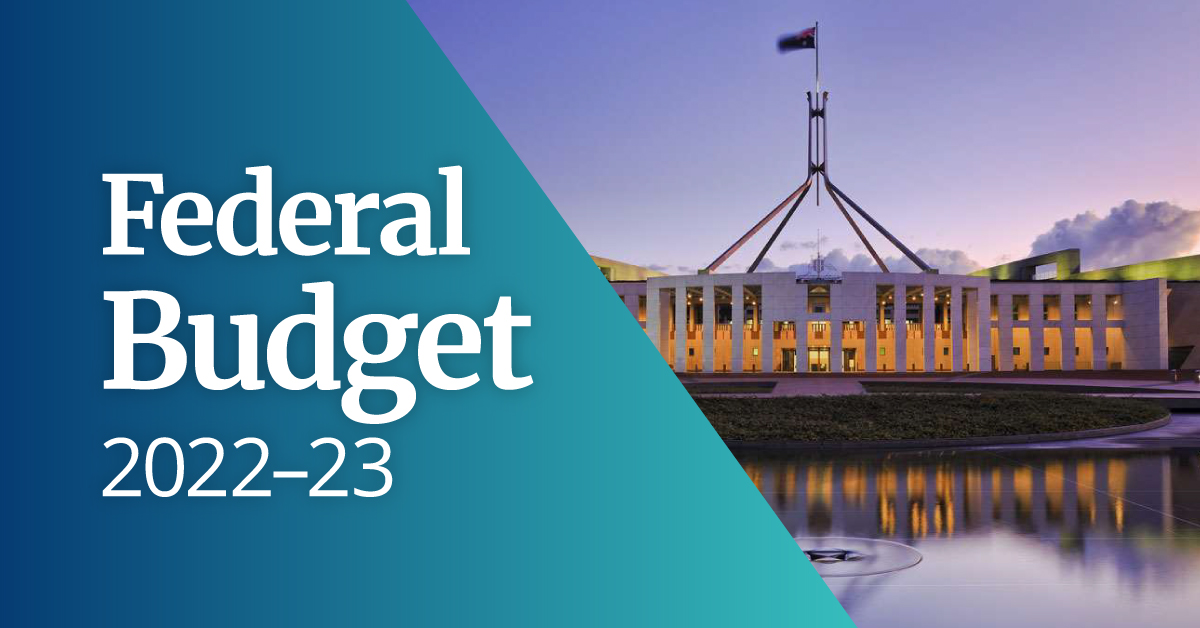
Meg Heffron
Managing Director
While there were obviously a number of new initiatives that impact many other sectors, superannuation changes were blessedly absent.
We had…
Changes already announced, confirmed in the Budget papers
Key here was the continuation of the 50% reduction in minimum pension payments for certain income streams for one more year (2022/23). We’ve written about this before – see here for details on how it works. It’s difficult to describe this as nation building policy but there will be many SMSF pension recipients quietly pleased that they can minimise their pension withdrawals for another year.
Remember that even those who continue to take higher amounts from their fund can still benefit from the change. Those with pensions in the retirement phase can ensure that any excess over the (halved) minimum amount is treated as a “partial commutation” rather than just a pension payment. Doing so gives them back some of their $1.7m transfer balance cap which can be extremely useful – we’ve explained why in our article here.
Changes actually already legislated but mentioned again in case you missed it
Cost of living and, in particular, housing affordability has clearly been a major talking point in recent weeks. There are a host of Budget measures here that don’t relate to super – an extra tax offset for low and middle income earners, special once off cost of living payments for certain pension and welfare recipients, temporary fuel excise relief, an expansion of the Home Guarantee Scheme and more.
The one change here that does relate directly to super is something that has actually already been legislated. Perhaps it was raised again because it doesn’t come in until 1 July 2022. This is the increase (from $30,000 to $50,000) in the amount of super first home buyers can access under the First Home Super Savers Scheme (FHSSS). So for those who have already been following this issue – nothing new to see here.
A few things promised before, still haven’t been legislated but were mentioned again for good measure
The Government has been slowly fixing a technical mess in the transfer balance cap rules. Specifically, how transfer balance caps work with certain income streams that can create an excess but can’t be commuted to fix it (for example, market linked pensions). We’ve come tantalisingly close here – legislation that would solve the problem and creates some great help for SMSF clients with these pensions was released in 2021 (see our commentary here) but at this stage has still not been legislated. Just in case you thought the Government was losing interest in this riveting topic, it’s confirmed under the heading of “Miscellaneous Amendments – Treasury portfolio legislation” that the Government is still committed to the fix.
Personally, I wish they’d stop mentioning it and get on with implementing the legislation.
And finally things not mentioned at all that we’re hoping are still policy
The last few budgets have tantalized with a few nuggets of gold for SMSFs with particularly niche problems. For example, we had the announcement of an amnesty for legacy pensions and proposals to alter the SMSF residency rules in May 2021. At this stage, we don’t have even draft legislation for either of them.
All in all, given that an election is imminent, a budget that promises nothing is probably good news for SMSFs.
We went over everything mentioned above in more detail at our Budget Webinar. To watch the recording contact events@heffron.com.au
This article is for general information only. It does not constitute financial product advice and has been prepared without taking into account any individual’s personal objectives, situation or needs. It is not intended to be a complete summary of the issues and should not be relied upon without seeking advice specific to your circumstances.



